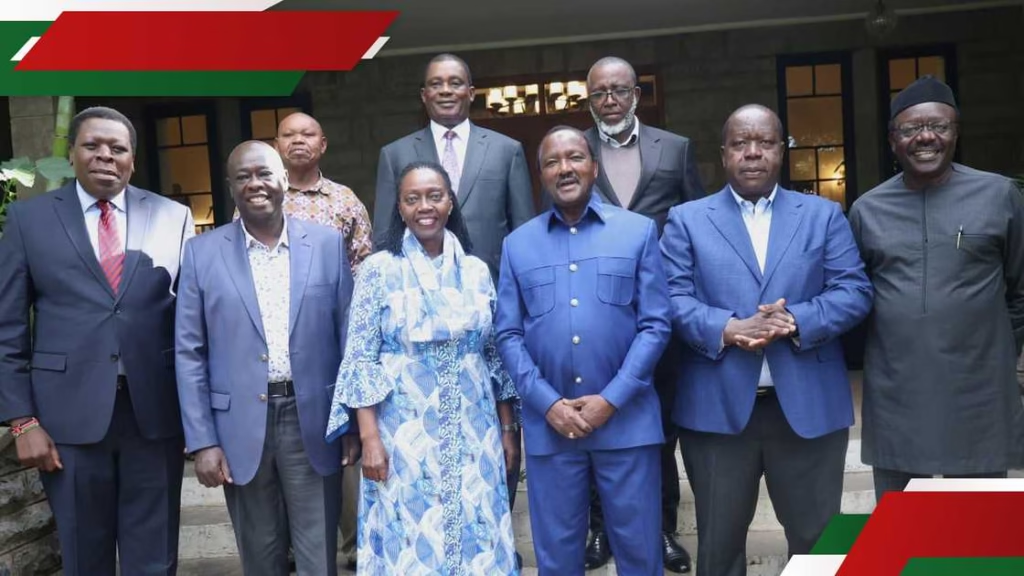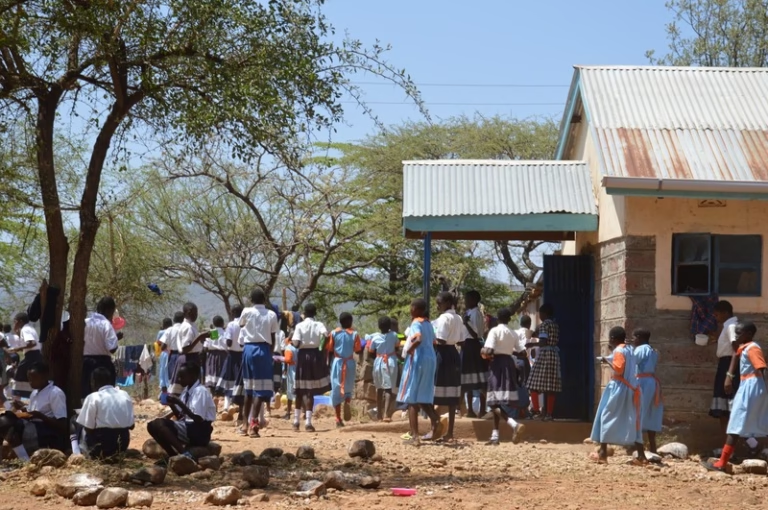
In a resolute declaration that drew both praise and scrutiny, Wiper party leader Kalonzo Musyoka has dismissed overtures from Interior Cabinet Secretary Kithure Kindiki, reaffirming his commitment to remain in the opposition. The development comes just hours after a deadly grenade attack in Nakuru that left at least seven injured and renewed concerns over the country’s internal security.
Speaking during a packed church service in Ngong’, Kalonzo minced no words. “I am not for sale,” he told congregants and journalists. “The people put us in the opposition, and that’s where I intend to serve them.” His comments were in response to recent claims that Kindiki had approached him with a political deal to join the Kenya Kwanza government in what insiders described as a “unity-building overture.”
Kalonzo’s rebuke has electrified the Azimio la Umoja coalition, casting him as a steadfast figure in an era where political betrayals have become common currency.
In response, Kindiki took to X (formerly Twitter), issuing a carefully worded rebuttal. “I respect Kalonzo as my elder and political big brother,” he said, “but I will not tolerate continuous political falsehoods. Kenya’s unity is too important to politicize.”
Despite the underlying tension, Kindiki stopped short of confirming the alleged overture, a move seen by analysts as damage control in the face of growing criticism.
The standoff between the two leaders unfolded against a grim backdrop. Early Monday morning, a grenade detonated in Nakuru’s Wakulima Market, sending shockwaves across the country. No group has claimed responsibility yet, but preliminary investigations suggest political motivations may be at play as the 2027 election landscape begins to take shape.
Kalonzo, addressing the attack, urged the government to “stop the cosmetic politics and start securing the lives of ordinary Kenyans.” He linked the incident to what he called “a failing state of internal vigilance,” implicitly challenging Kindiki’s role as the nation’s security chief.
Kalonzo’s stance has reinvigorated the Azimio base. Coalition leaders including Martha Karua and Eugene Wamalwa publicly backed his decision, framing it as a principled stand in a political climate riddled with opportunism.
While Kalonzo has not declared any intention to run in 2027, his position seems to suggest that he’s laying the groundwork. His appeal in the Ukambani region, loyalty within Azimio, and consistent opposition to President Ruto’s policies make him a potential frontrunner in the next electoral cycle.
Whether this latest political standoff will embolden him into the presidential ring remains to be seen, but what’s clear is this: Kalonzo is back in the national conversation and not on the government’s terms.
